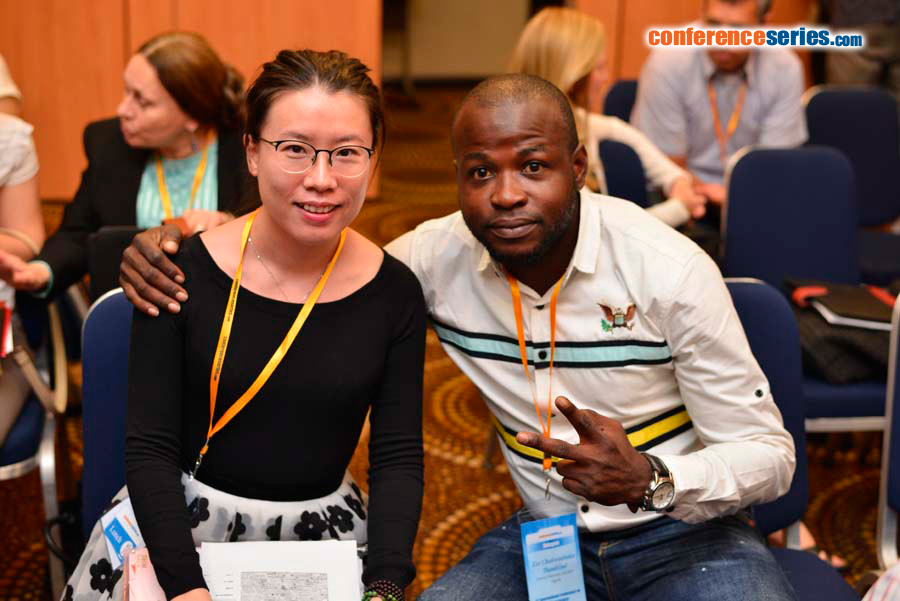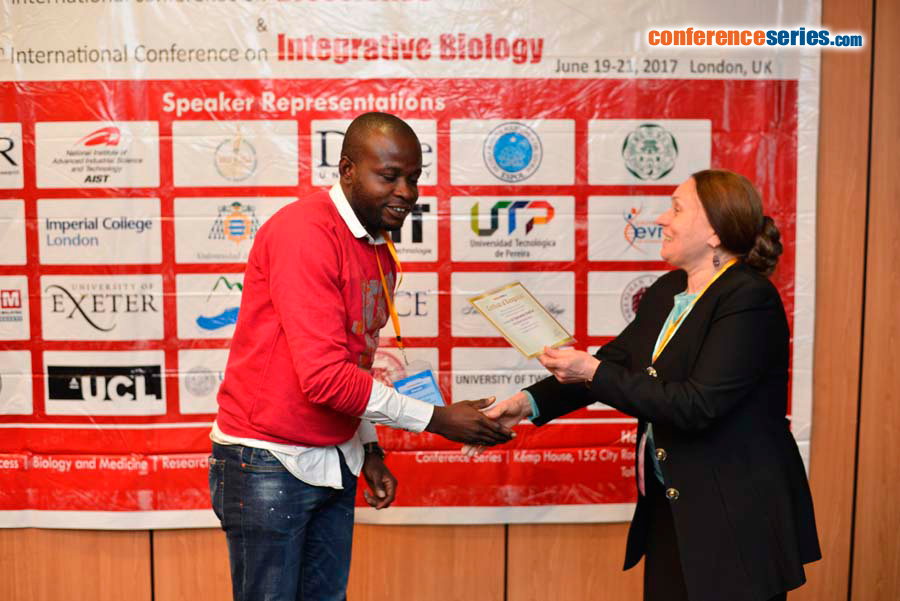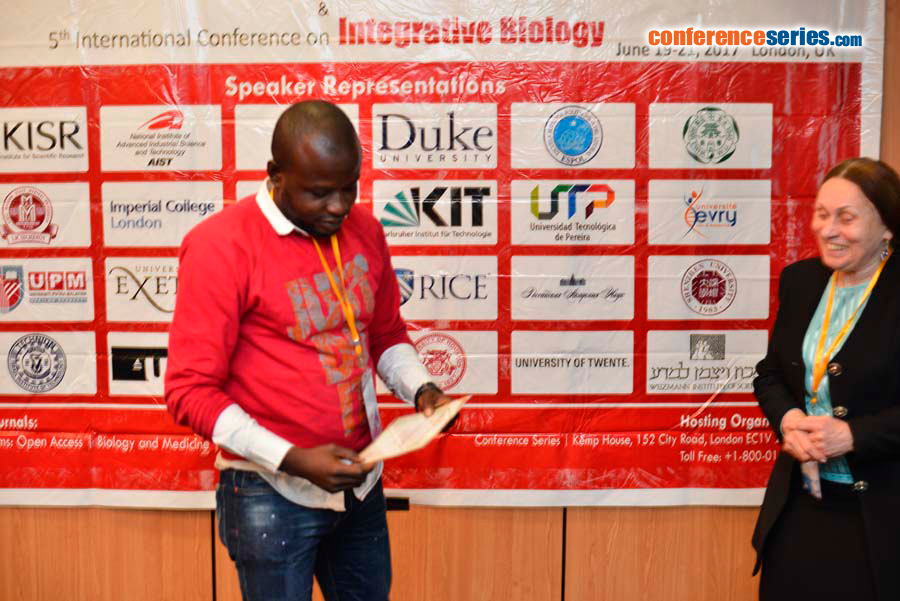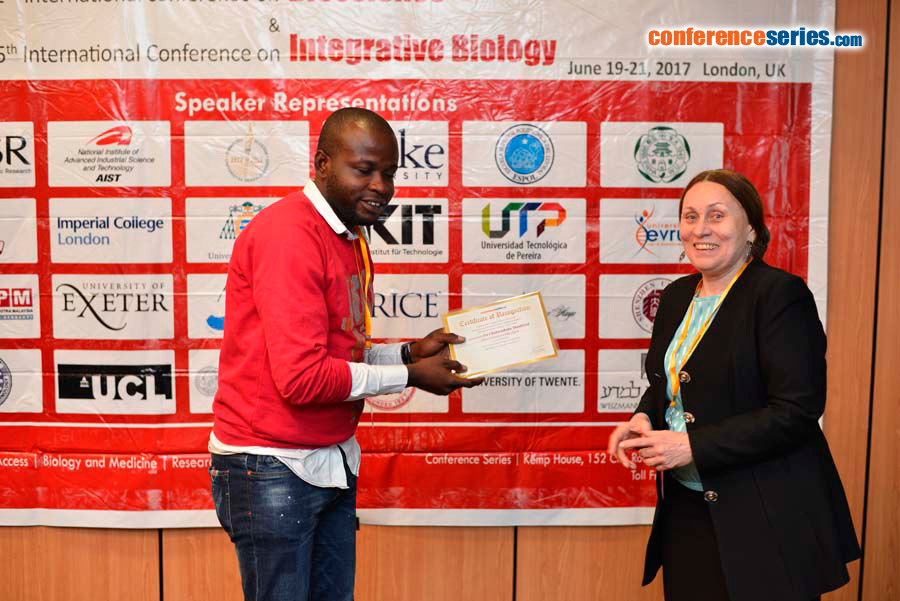
Peter Waziri
University of Putra, Malaysia
Title: The potential use of clausenidin in the treatment of liver cancer
Biography
Biography: Peter Waziri
Abstract
Liver cancer is a leading cause of death in the world with an increasing burden in Asia and sub-Saharan Africa. The therapeutic options for liver cancers are inadequate and survival after diagnosis is very low. This situation actually creates the need for studies on natural products that can complement and provide suitable alternatives to the current therapeutic measures. In the current study, we used clausenidin isolated from Clausena excavata Burm. f. to treat liver cancer (hepG2) cells. The plant is a shrub used in Asian folk medicine to treat cancer patients locally but there is little or no scientific evidence supporting its therapeutic use. We evaluated the cytotoxicity of clausenidin as well as its effect on reactive oxygen species production in hepG2 cells. In addition, we carried out an ultra-structural investigation of the clausenidin-treated cells to identify potential mechanisms through which clausenidin induce cell death in hepG2 cells. Our results reveal that clausenidin induces cytotoxic effects in hepG2 cells in a dose dependent manner with significant increase in the production of reactive oxygen species. Cell death was found to have occurred via apoptotic and non-apoptotic routes as revealed by the results of DNA fragmentation analysis and transmission electron microscopy respectively. The present study lends credence to the use of Clausena excavata to treat cancer patients in Asia and demonstrates the potential of clausenidin in the biotherapy of liver cancer.





